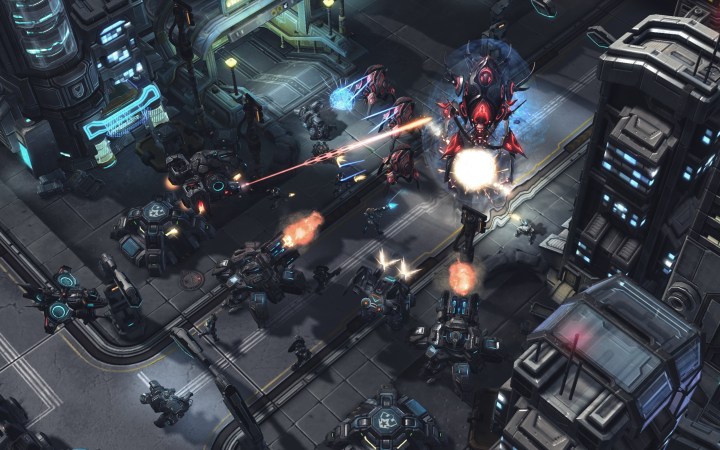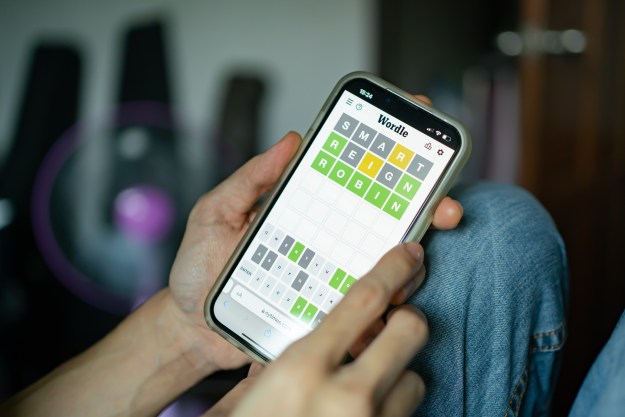
In recent years, more and more people started seeing video games as educational tools. Even the U.S. Department of Education acknowledged the benefits of implementing video games in the classroom. Two recent studies out of Brown University showed the patterns of acquiring video game skills and how what we learn from games could potentially translate to career training.
First reported by Science Daily, computer scientist Jeff Huang and a team of Brown researchers examined online multiplayer data from Halo: Reach and StarCraft II.
For Halo: Reach, Huang and his team examined seven months of data from the 3.2 million users who started playing the game during launch week in 2010. Initial results showed that users who played the most — measured at 64 matches per week — had the most drastic increase in skill. However, on a match-by-match basis, those users were not the most efficient in terms of gaining skill. In fact, users who played only four to eight matches a week proved to be the most efficient.
Falling in line with the belief that incremental studying is better than an overload right before an exam, gamers who players consistently while spacing out their sessions increased skill at a better rate. In short, Halo: Reach players learned faster while gaming in small chunks, even though they played a fraction of the matches as many users.
The StarCraft II study was even more revealing, as it demonstrated how and why some players are so much better than others at the real-time strategy game. It boiled down to the use of keyboard hotkeys, programmable shortcuts that let players rapidly input a flurry of actions rather than clicking the mouse to do one action after another. The best StarCraft II players used hotkeys to direct upwards of 200 actions per minute.
It wasn’t just the use of hotkeys that made these players better, it was the consistency in how they used them. Huang found that even at the start of a match when prolific action was not required, skilled players would still cycle through hotkeys, calling out often inconsequential moves in order to “warm up.”
“They’re getting their minds and bodies into the routines that they’ll need when they’re at peak performance later in the game,” Huang said.
Together, the studies showed that skill acquisition patterns in video games and the habits of skilled players could extend to training in high-pressure careers. Huang listed air traffic controllers as an example. “Maybe when someone first gets in the seat, they should take a few moments and re-enact what they do until they can get warmed up and in the zone,” he said.


